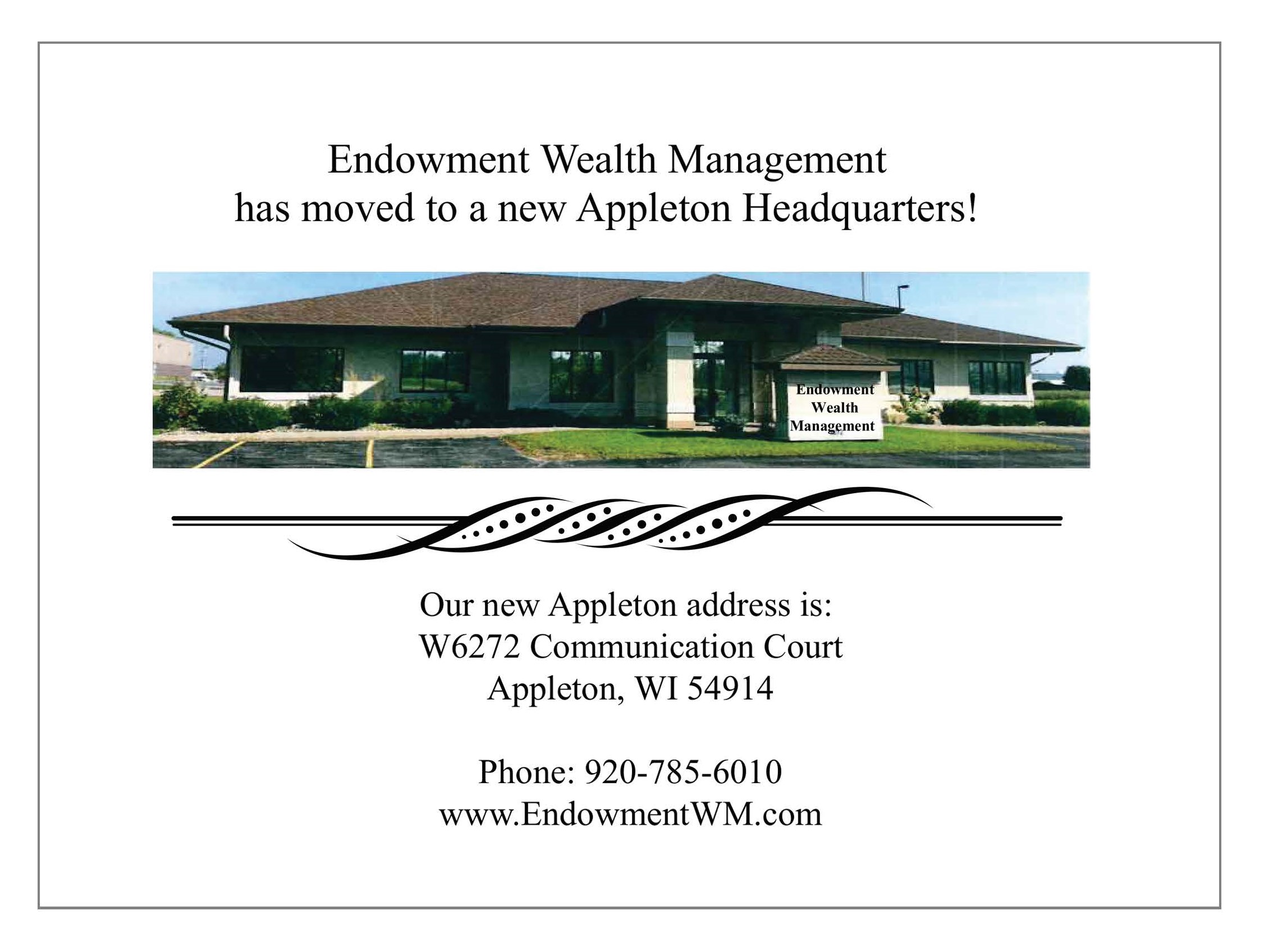Owning rental properties is one of the most common investments that Americans make along with their 401k or other retirement accounts. The primary reason why real estate is so popular is because it is easy to understand from an investment standpoint. There are four primary wealth builders associated with real estate; the rental income, price appreciation, loan pay down (equity) and the tax benefits. Additionally, the ability to use leverage (borrow money to purchase a property) makes real estate investing accessible to many people and not just the rich. All of the reasons listed above are why many Americans end up nearing retirement with a few rental properties or in some cases, a substantial real estate portfolio, without a clear exit strategy.
Let’s go over an example to explain how an investor’s real estate investing career may unfold. The investor bought six rental properties over the past few decades for $75,000 each. The properties are fully depreciated and entirely paid off. Throughout the years, the properties have all appreciated and are currently worth $200,000 each. The investor is interested in selling and finding a more “passive” investment vehicle until he realizes the tax ramifications associated with selling the properties. One option for the investor is to hire a property manager. The investor could achieve his desire for a more passive involvement and would not have to pay the taxes that would be due with a sale, however, the headaches of owning real estate do not go away when one hires a property manager. The owner is still responsible for the repairs and expenses and all of their associated costs. Remember, these properties have been owned for decades, they are older and have seen their maintenance costs tick up as they continue to age. Major potential repairs such as fixing a roof or replacing major appliances can seriously threaten an investor’s “stress-free” retirement.
After much thought and debate with his wife, (who by the way I forgot to mention wants nothing to do with the rentals and prefers to be able to travel extensively throughout retirement; often being gone for weeks or months at a time), he decides to sell the rentals and face the significant tax liability. His decision to sell only lasts a few days until he realizes the second major problem of selling the rentals, which is the loss of the income stream during retirement. The income can be replaced with a new investment but the amount in the new investment will be considerably lower after the taxes are paid from the initial sale. Since the amount invested will be lower, the new income stream will likely be lower too.
Afraid of the drawbacks listed above, our investor and many owners of investment real estate simply deal with the headaches of being a landlord and continue to hold the rentals throughout retirement in conflicting views with their spouse. However, there is another option that will allow an investor to sell their rental properties, defer the capital gains (potentially forever) and maintain their current stream of monthly income without the headaches of being a landlord. That option is a DST 1031 exchange into a real estate fund.
A 1031 exchange is a method to exchange an investment property for another “like-kind” investment property and avoid the tax implications from the initial sale. A Delaware Statutory Trust (DST) is a legally recognized trust for conducting business and can be used in a 1031 exchange. The replacement property now becomes an interest in a professionally managed real estate fund.
The benefits of a DST 1031 exchange can be substantial with the primary benefit being the ability to defer capital gains and depreciation recapture. The taxes are deferred until the real estate fund liquidates and distributes the proceeds of the sale. Once the fund is liquidated, the investor has the option to invest the proceeds received into another DST 1031 exchange in order to defer the taxes again. The investor can continue to defer, defer, defer until the original owner passes away. The heirs will receive a step up in cost basis, effectively eliminating the taxes owed from the original sale of the investment real estate. This deferment of taxes is a powerful wealth building strategy that can accelerate the growth of a family’s wealth.
The second benefit of a DST 1031 exchange is the elimination of property management responsibility. As with other passive investments, the investor will not have to make decisions regarding the investment management. Dealing with tenants will be over and the only work required will be the monthly walk to the mailbox to pick up the check.
Diversification is the third benefit achieved. The investor is able to diversify from a concentrated property in one location into a more diversified fund with several properties in different geographical locations. Examples of some property types available include multi-family apartments, NNN retail, self-storage, assisted living facilities, office buildings and medical offices. Often these newer commercial buildings are unattainable to the individual investor but a real estate fund pools the assets of many investors and can access these newer commercial property types.
The final benefit associated with a DST 1031 exchange is the use of the 20% qualified business income (QBI) deduction. This deduction, which was passed with the 2017 Tax Cuts and Jobs Act, allows eligible taxpayers to deduct up to 20% of their qualified business income. Individual owners may not qualify for the 20% QBI since they’re not in the business of owning and managing real estate but since the real estate fund is in the business of managing real estate, the fund qualifies for the 20% reduction.
In conclusion, the DST 1031 exchange provides an investor with a great exit strategy for their real estate portfolio. The headaches of being a landlord are eliminated, the tax liability from selling the properties is deferred (or in some cases eliminated through a step up in cost basis), and the investor benefits from the 20% QBI deduction and continues to receive monthly income from a real estate investment fund.
To learn more, please visit our 1031 exchange webpage at www.EndowmentWM.Com/1031-exchange or contact us by phone at 920-785-6010.
Have Questions? Need an expert opinion?
If you have more questions I’m happy to help you! We make getting answers super easy, without having to talk to some high-pressure sales person. Just use the secure contact form to ask a question, or email me directly at Sam@EndowmentWM.com, and I’ll get back to you via email within 48 hours to help point you in the right direction. I also offer a free wealth discovery meeting where we can discuss your personal situation and make sure you’re on the right path. Remember, it’s free to contact us and we are fiduciary advisors putting your personal needs first and foremost.
Best of Success,
Samuel Moore









